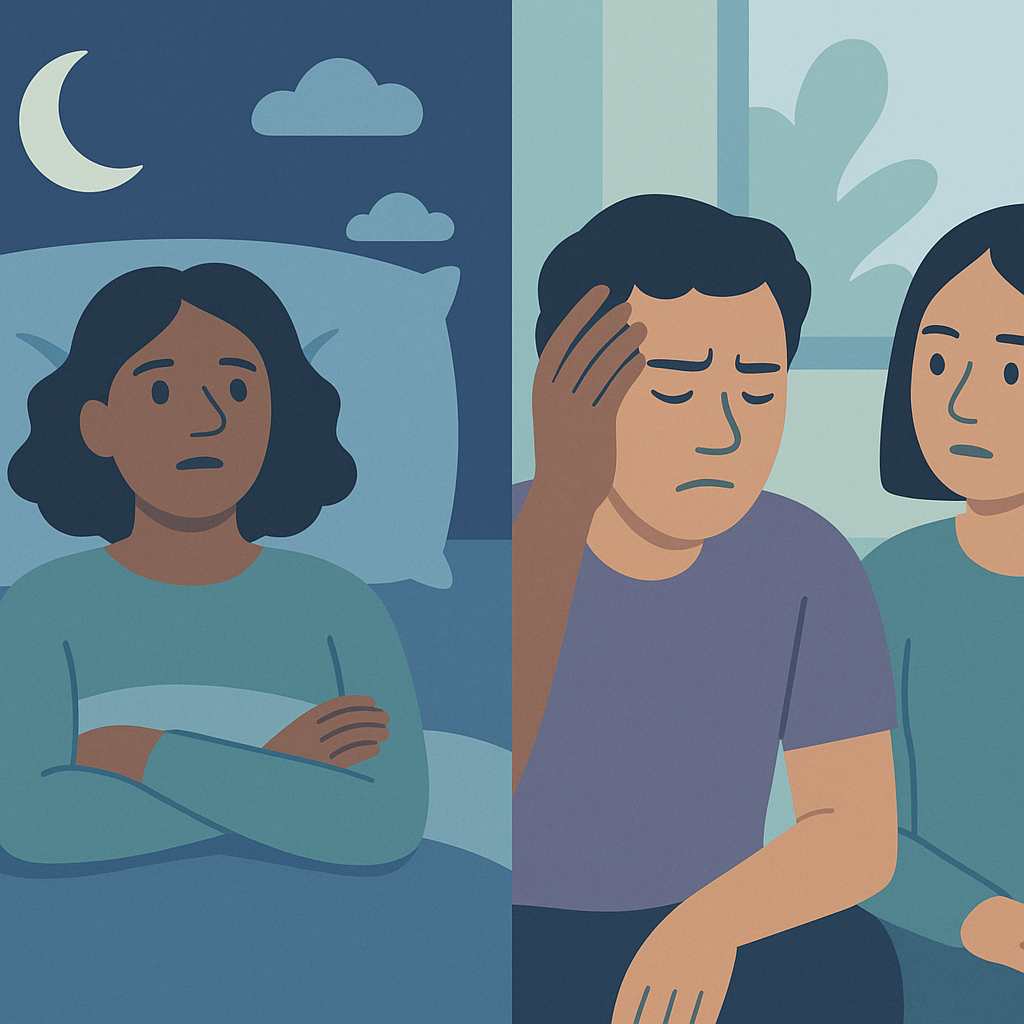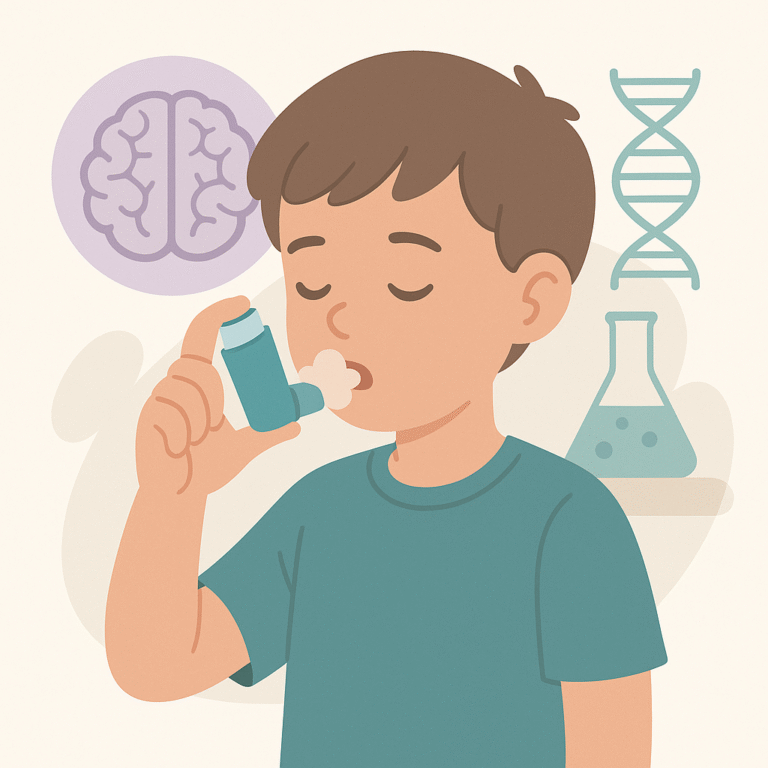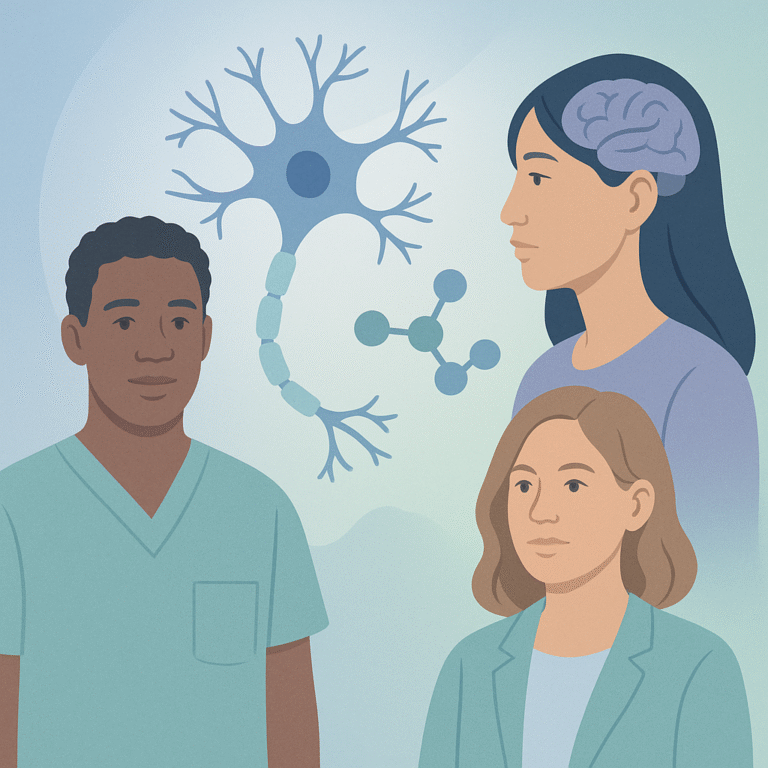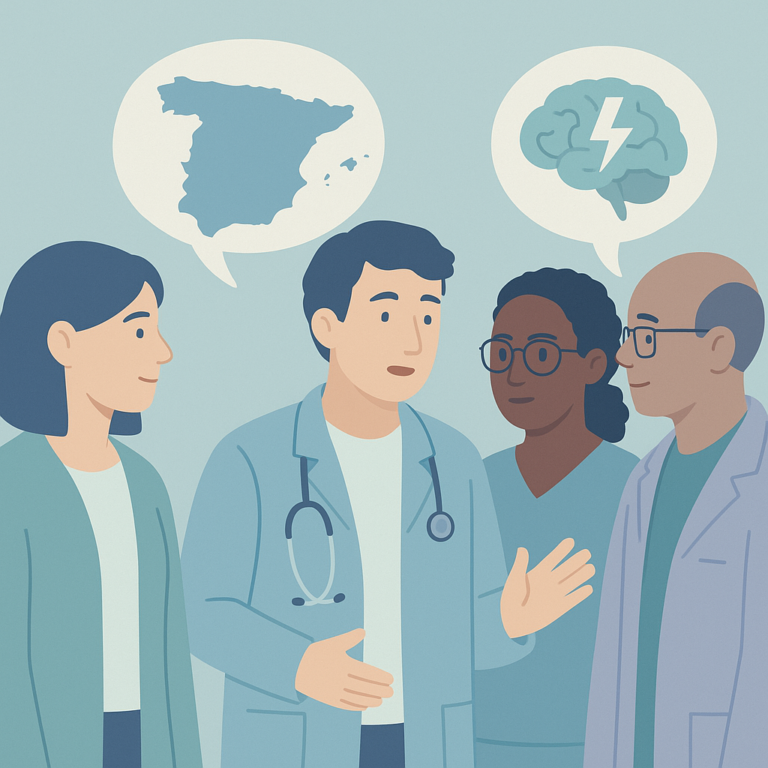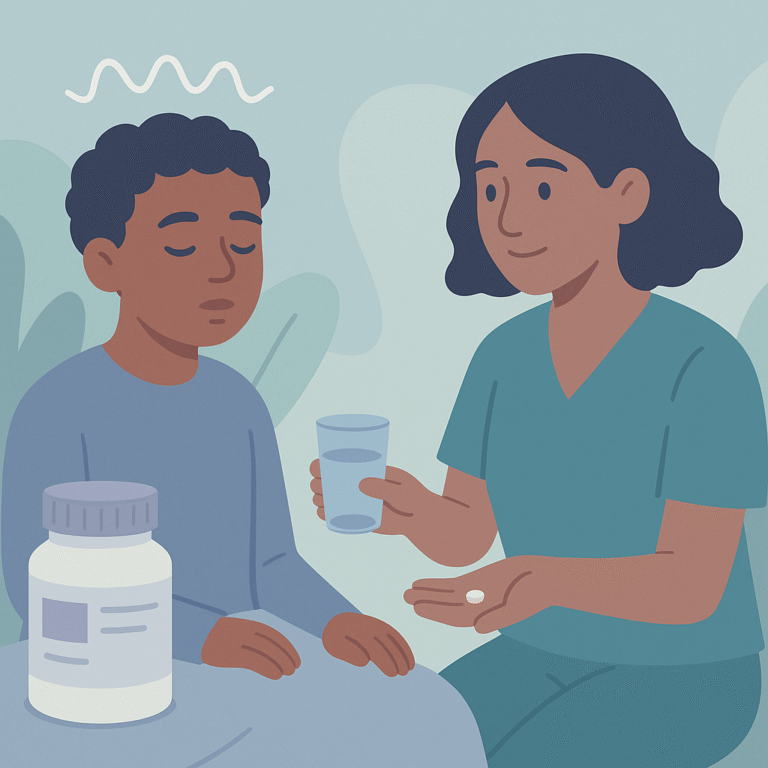Sleep Issues Worsen Attention Problems in Temporal Lobe Epilepsy
Summary
Researchers studied how sleep-related disruptions (SRD) affect attention in people with temporal lobe epilepsy (TLE). The study involved 93 patients with TLE and a group of healthy individuals for comparison. They assessed attention using a specific test and tracked eye movements, while also measuring the severity of sleep issues using a well-known sleep quality index.
The main finding was that patients with TLE had notable attention problems, especially in areas related to alertness and executive control. When sleep disruptions were more severe, these attention issues worsened, particularly in the alertness network. In fact, those with moderate to severe sleep disruptions showed significant declines in their ability to stay alert, while those with minimal sleep issues did not experience major effects on their attention.
These results are important because they suggest that improving sleep quality could help manage attention problems in people with TLE. However, it is essential to note that this study had a relatively small group of participants and was observational in nature. This means that while the findings are promising, more research is needed to confirm these results and understand the best ways to address sleep-related issues in TLE patients.
Related reading
- New Model Predicts Dementia and Death Risk in Older Veterans
- New Diazepam Film Offers Hope for Kids with Epilepsy
- Boosting Self-Efficacy Can Improve Life for Kids with Epilepsy
- Neurologists Generate More Revenue Than Nonneurologists After Patient Visits
- Correction on Neurostimulation Study for Epilepsy and Tourette Syndrome
- Vagus Nerve Stimulation May Help Treat Immune Diseases
Free: Seizure First Aid Quick Guide (PDF)
Plus one plain-language weekly digest of new epilepsy research.
Unsubscribe anytime. No medical advice.